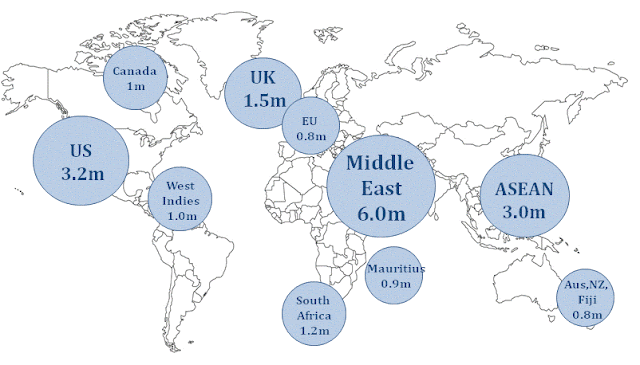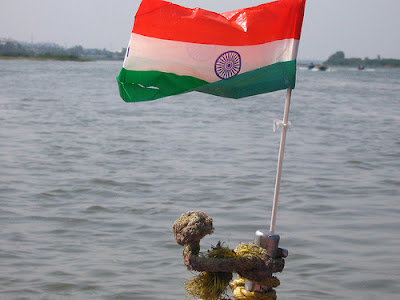India's business culture in the brave new world
The Indian economy is at a crossroad. Its internal markets have sustained the economy through the global recession of 2008/9, but as it looks beyond the pandemic, that would clearly not be enough. Its own version of 'Great Leap Forward', hastily imposed neo-liberal reforms of the economic life, has stunted the domestic demand and ravaged the banking sector - and it must find new sources of growth. The government's hopes lie in the exports - the aspiration that India could be the new China, workshop of the world. Labelled somewhat misleadingly as Atmanirbhar Bharat (self-reliant India), a new set of initiatives has been rolled out in search of this illusive export success. In this quest, India's key strength - perhaps its only one - is its people: A large working-age population ready to work for relatively cheap wage! How we view India's demographic opportunity has undergone a subtle shift - its young population was earlier seen as an exciting market and only now, as...





